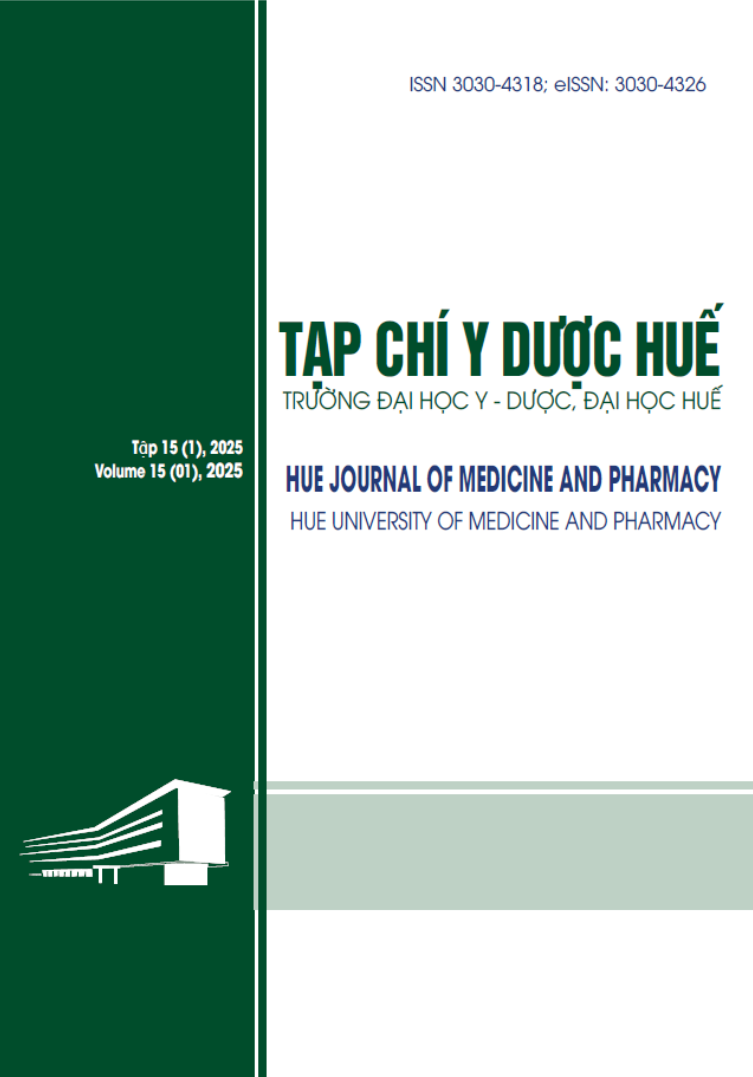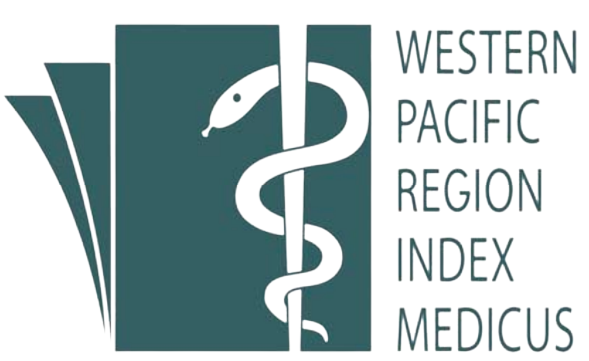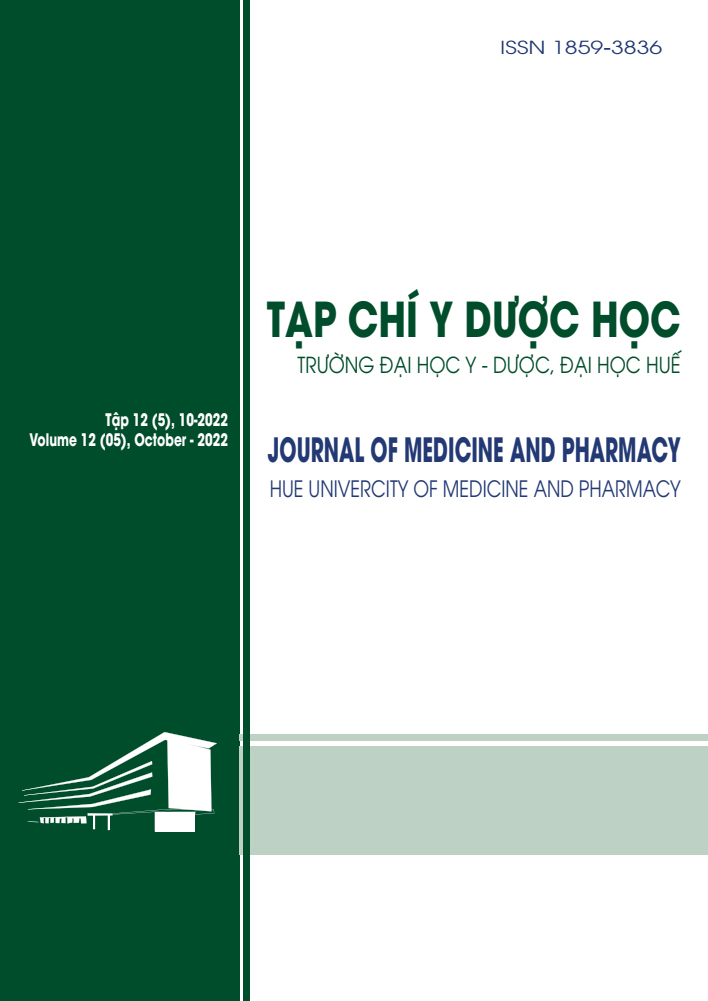Abstract
Background: Esophageal atresia is a congenital defect that requires prompt surgical treatment. Despite advances in neonatal care and surgical techniques, complications and mortality remain significant, especially in cases with other congenital anomalies. Few studies have evaluated esophageal atresia treatment results in Vietnam.
Objective: This study aims to investigate the clinical features and treatment outcomes of esophageal atresia at Hue Central Hospital.
Materials and method: 32 children diagnosed with esophageal atresia who underwent surgical repair at Hue Central Hospital from March 2019 to December 2023 were included. Data were collected from medical records, including demographics, clinical presentation, surgical procedures, postoperative complications, and treatment outcomes. Descriptive statistics were used, and complications were classified using the Clavien-Dindo system.
Results: The study included 15 males and 17 females. The average gestational age was 36.6 ± 2.3 weeks, and the mean birth weight was 2256.3 ± 240.9 grams. Surgery was performed an average of 4.7 ± 3.2 days after birth. Type C esophageal atresia was the most common subtype, while 6.2% had Type A. Primary anastomosis was done in 90.6% of cases, and 9.4% required staged repair. The average hospital stay was 25.4 ± 15.7 days. Postoperative complications occurred in 43.7% of patients, with anastomotic stricture, pneumonia, and anastomotic leakage being the most common. The overall mortality rate was 15.6%, with 3 deaths due to cardiac anomalies and 2 due to respiratory problems. 71.9% of patients were discharged in stable condition.
Conclusion: 84.4% survival rate observed in this study showed positive results in resource-limited settings. Prompt diagnosis, timely surgical intervention, and enhanced perioperative management are essential for improving outcomes in esophageal atresia. Further research is needed to refine the approach to managing esophageal atresia.
| Published | 2025-05-09 | |
| Fulltext |
|
|
| Language |
|
|
| Issue | Vol. 15 No. 2 (2025) | |
| Section | Original Articles | |
| DOI | 10.34071/jmp.2025.2.9 | |
| Keywords | esophageal atresia, tracheoesophageal fistula, primary anastomosis |

This work is licensed under a Creative Commons Attribution-NonCommercial-NoDerivatives 4.0 International License.
Copyright (c) 2025 Hue Journal of Medicine and Pharmacy
Spitz L. Esophageal atresia. Journal of Pediatric Surgery. 2006;41(10):1635. doi:10.1016/j.jpedsurg.2006.07.004
Vos CD, Wyk LV, Sidler D, Goussard P. The 30-day outcome of neonates operated for esophageal atresia. Journal of Neonatal Surgery. 2022;11:12. doi:10.47338/jns.v11.1049
Roberts K, Karpelowsky J, Fitzgerald DA, Soundappan SVS. Outcomes of oesophageal atresia and tracheo‐oesophageal fistula repair. Journal of Paediatrics and Child Health. 2016;52(7):694. doi:10.1111/jpc.13211
Pinheiro PFM. Current knowledge on esophageal atresia. World Journal of Gastroenterology. 2012;18(28):3662. doi:10.3748/wjg.v18.i28.3662
Syed MK, Faqeeh AAA, Othman A, et al. Management of Early Post-Operative Complications of Esophageal Atresia With Tracheoesophageal Fistula: A Retrospective Study. Cureus. Published online December 4, 2020. doi:10.7759/cureus.11904
Dindo D, Demartines N, Clavien PA. Classification of Surgical Complications. Annals of Surgery. 2004;240(2):205. doi:10.1097/01.sla.0000133083.54934.ae
Morini F, Conforti A, Zani A, et al. Diagnostic Workup of Neonates With Esophageal Atresia: Results From the EUPSA Esophageal Atresia Registry. Frontiers in Pediatrics. 2020;8. doi:10.3389/fped.2020.00489
Beale P, Loveland J, Lakhoo K. Oesophageal Atresia. Springer eBooks. Published online January 1, 2020:527. doi:10.1007/978-3-030-41724-6_48
Friedmacher F, Kroneis B, Huber-Zeyringer A, et al. Postoperative Complications and Functional Outcome after Esophageal Atresia Repair: Results from Longitudinal Single-Center Follow-Up. Journal of Gastrointestinal Surgery. 2017;21(6):927. doi:10.1007/s11605-017-3423-0
Bouguermouh D, Salem AHA. Esophageal atresia: a critical review of management at a single center in Algeria. Diseases of the Esophagus. 2014;28(3):205. doi:10.1111/dote.12174
Gupta DK, Sharma S. Esophageal atresia: the total care in a high-risk population. Seminars in Pediatric Surgery. 2008;17(4):236. doi:10.1053/j.sempedsurg.2008.07.003
Ammar S, Sellami S, Sellami I, et al. Management of esophageal atresia and early predictive factors of mortality and morbidity in a developing country. Diseases of the Esophagus. 2019;32(6). doi:10.1093/dote/doy135
Keefe GP, Culbreath K, Edwards EM, et al. Current outcomes of infants with esophageal atresia and tracheoesophageal fistula: A multicenter analysis. Journal of Pediatric Surgery. 2022;57(6):970. doi:10.1016/j.jpedsurg.2022.01.060
Schmedding A, Wittekindt B, Schloesser R, Hutter M, Rolle U. Outcome of esophageal atresia in Germany. Diseases of the Esophagus. 2020;34(4). doi:10.1093/dote/doaa093
Li X, Jiang Y, Wang X, Yu J, Li LQ. A scoring system to predict mortality in infants with esophageal atresia. Medicine. 2017;96(32). doi:10.1097/md.0000000000007755
Al‐Salem AH, Tayeb M, Khogair S, et al. Esophageal atresia with or without tracheoesophageal fistula: success and failure in 94 cases. Annals of Saudi Medicine. 2006;26(2):116. doi:10.5144/0256-4947.2006.116
Kouji N, Genshirou E, Teshiba R, Kinoshita Y, Taguchi T. Current profile and outcome of 100 esophageal atresia patients in the Kyushu area of Japan. Open Journal of Pediatrics. 2013;3(3):239. doi:10.4236/ojped.2013.33042
Almog A, Zani A. Postoperative complications and long-term outcomes of tracheoesophageal fistula repair. Current Challenges in Thoracic Surgery. 2021;4:30. doi:10.21037/ccts-21-15
Alshehri A, Lo A, Baird R. An analysis of early nonmortality outcome prediction in esophageal atresia. Journal of Pediatric Surgery. 2012;47(5):881. doi:10.1016/j.jpedsurg.2012.01.041
Lal DR, Gadepalli SK, Downard CD, et al. Perioperative management and outcomes of esophageal atresia and tracheoesophageal fistula. Journal of Pediatric Surgery. 2016;52(8):1245. doi:10.1016/j.jpedsurg.2016.11.046







